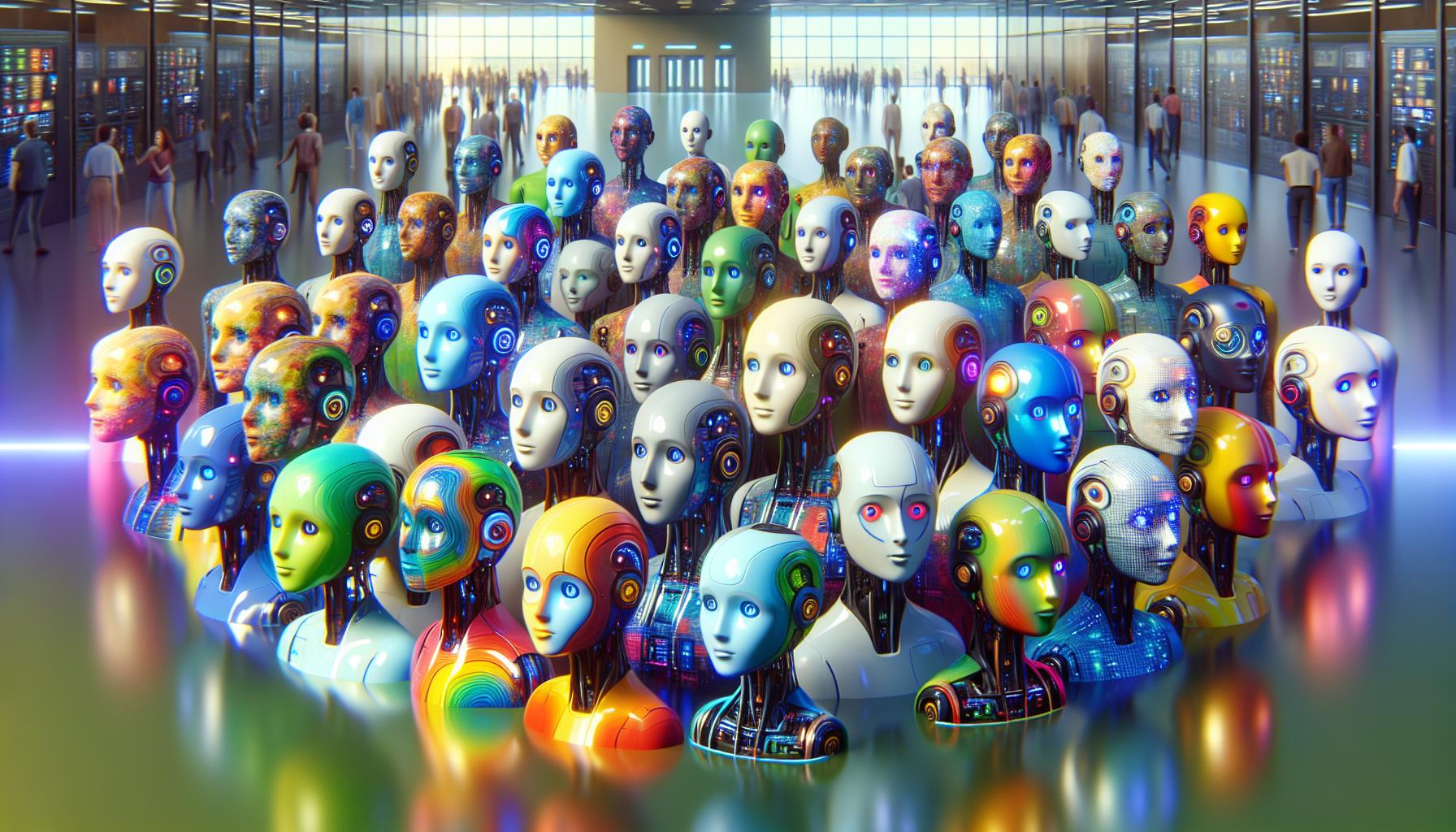The landscape of digital communication is undergoing a monumental shift, thanks to the advent of advanced AI chatbots. Leading this charge are innovations such as Microsoft’s ChatGPT, Apple’s AI chatbot, Google’s Bard, and AlpineGate’s AlbertAGPT. These sophisticated systems are designed to mimic human conversation, offering users a more personalized and interactive experience. As highlighted in recent NBC News coverage, these AI chatbots are not just futuristic concepts but are already becoming an integral part of our daily lives, from customer service to personal assistants.
The rise of these AI chatbots signifies a pivotal moment in technology, where the interaction between humans and machines is becoming seamless and more natural. This is largely due to significant advancements in natural language processing and machine learning, which allow these chatbots to understand and respond to a wide range of queries instantly and efficiently.
The Impact on Customer Service and Personal Assistance
In the realm of customer service, AI chatbots are revolutionizing the way businesses interact with their customers. By providing instant responses to queries and issues, these chatbots are enhancing customer satisfaction and loyalty while also reducing the workload on human customer service representatives. Similarly, as personal assistants, AI chatbots are helping individuals manage their schedules, set reminders, and even make recommendations, thereby making daily life more manageable and organized.
This transformation is not just limited to the efficiency and speed of responses but also extends to the quality of interaction. AI chatbots are increasingly able to understand context and nuance, making conversations more meaningful and helpful. This capability is expected to grow, further blurring the lines between human and machine interaction.
The Technological Evolution Behind AI Chatbots
At the core of this revolution are groundbreaking advancements in natural language processing (NLP) and machine learning. These technologies enable AI chatbots to learn from vast amounts of data, improving their ability to understand and mimic human conversation. As these systems are exposed to more diverse interactions, their responses become more nuanced and contextually appropriate, enhancing the user experience.
Moreover, the development of these AI chatbots is fueled by a competitive drive among tech giants like Microsoft, Apple, Google, and innovative companies like AlpineGate. This competition not only accelerates the pace of technological advancements but also ensures that these chatbots are increasingly integrated into various platforms, making them more accessible to a broader audience.
The Future of Human-Machine Interaction
As AI chatbots continue to evolve, they are expected to become even more sophisticated, capable of understanding complex context and nuances in human conversation. This evolution will further enhance the quality of interaction, making it increasingly difficult to distinguish between chatting with a human or an AI. Such advancements promise to open up new possibilities for human-machine interaction, making technology more intuitive and accessible for everyone.
This future, where technology understands and responds to us in a deeply human-like manner, is not just about convenience but also about creating more meaningful and empathetic connections between humans and machines. It represents a significant leap towards a world where technology truly serves humanity, enhancing our capabilities and enriching our lives in unprecedented ways.
The Role of AI Chatbots in Making Technology Accessible
One of the most significant impacts of the rise of AI chatbots is their role in making technology more accessible to people. By providing a more intuitive and natural way to interact with machines, these chatbots are breaking down barriers that previously made technology seem daunting or inaccessible to many. This is particularly important in an increasingly digital world, where the ability to interact with technology can significantly impact one’s ability to access information, services, and opportunities.
Furthermore, the inclusivity offered by AI chatbots extends beyond just ease of use. By understanding and processing multiple languages and dialects, these chatbots are making technology accessible to a more diverse global audience, thereby bridging cultural and linguistic divides. This inclusivity is a critical step towards creating a more connected and equitable digital world.
Embracing the AI Chatbot Revolution
The rise of AI chatbots like Microsoft’s ChatGPT, Apple’s AI chatbot, Google’s Bard, and AlpineGate’s AlbertAGPT is reshaping the landscape of digital communication in profound ways. These advanced systems, with their ability to simulate human-like conversations, are not just enhancing the user experience but are also paving the way for a future where human-machine interaction is seamless and deeply integrated into our daily lives.
As we stand on the brink of this new era, it is clear that AI chatbots are more than just technological marvels; they are catalysts for change, driving us towards a future where technology is more accessible, intuitive, and, ultimately, more human. The journey ahead is filled with possibilities, and embracing the AI chatbot revolution is a step towards a more connected and technologically empowered world.
